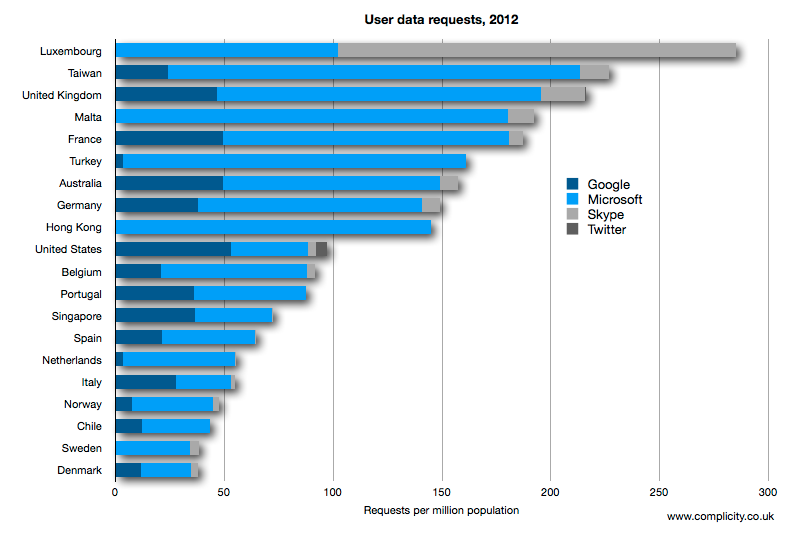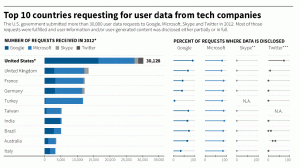The Court of Appeal has just published it’s judgement in the latest sex-by-deception case. This is, to the best of my knowledge, the first time a written judgement has been provided in such a case and is binding on the lower courts, i.e. creating case law.
It’s not good news.
As I’m quoting direct from the judgement, the below contains detailed references to sexual acts. This is unavoidable as it is highly relevant. There are no references to underage or non-consensual acts, the case revolves entirely around “deception” as to gender invalidating consent.
I’m going to quote extensively from the judgement as I believe it speaks for itself However, you can skip the quotes and just read my summary and it should make sense. What I will note is the heavy and unnecessary use of quote marks to imply deception earlier on: ‘him’, ‘his’ etc. This is despite the note from the judge towards the end about “confusion with her own sexuality”, specific reference to the person concerned “talking about wanting a sex change” and a pre-setnence report revealing “a history of…confusion surrounding her gender identity”.
The judge’s way of phrasing things could at best be described as insensitive and I suspect they had no training in this area.
6. Arrangements were made for “Scott” to come down to London to see M just after her 16th birthday…
7. …at the time the appellant was aged 17 years…
Summary: There was no issue with age of consent. (Quite the opposite, they waited until they were old enough)
8. … They went to a bedroom where it was dark and the appellant began to rub M’s vagina with her fingers and gave her oral sex. … M offered to give the appellant oral sex but the appellant declined. It was alleged (this being the count that was denied and not pursued) that M was penetrated with the dildo.
9. On the second visit, there were lots of occasions of oral penetration and occasions of digital penetration, always of M. … On the third visit, although there were difficulties in the relationship, they had a party. They still talked about having sex but the appellant was not interested in trying again.
Summary: There was genital contact and penetration with tongue and fingers. There was no penetration with a dildo or any confusion/lack of clarity over what it was penetration was with considered in the case. This is important: There was no “penis-in-vagina” sex involved in the case.
10. However on the fourth and final visit in November 2011, the appellant was confronted by M’s mother about really being a girl. … The appellant kept talking about wanting a sex change and M said the appellant had lied to her for four years and all that time she had been calling her Scott.
47. …The pre-sentence report spoke of a history of self harm and confusion surrounding her gender identity and sexuality, which were resolving….
Summary: There’s clear confusion over gender here. Talking about wanting a sex change is enough to get protection as a trans person under the Equalities Act 2010.
23. The case for the Crown was that M’s consent was obtained by fraudulent deception that the appellant was a male and that had she known the truth, she would not have consented to acts of vaginal penetration. Mr Wainwright argues that deception as to gender cannot vitiate consent; in the same way deception as to age, marital status, wealth or, following EB, HIV status being deceptions as to qualities or attributes cannot vitiate consent.
A little confusing this, but in a nutshell: It has been ruled previously that deception over age, marital status, wealth or HIV status does not matter.
26. Thus while, in a physical sense, the acts of assault by penetration of the vagina are the same whether perpetrated by a male or a female, the sexual nature of the acts is, on any common sense view, different where the complainant is deliberately deceived by a defendant into believing that the latter is a male. Assuming the facts to be proved as alleged, M chose to have sexual encounters with a boy and her preference (her freedom to choose whether or not to have a sexual encounter with a girl) was removed by the appellant’s deception.
Summary: Gender is somehow special because, presumably, “eww, gay people” and “eww, you turned me gay”. Homophobia as much as transphobia. “Deception” when it relates to gender does matter, even if primary sexual characteristics (Vagina/Penis) are not involved. As far as I’m aware there has never been a case in the UK involving deception as to religion, which would be an interesting comparison as it can involve strong emotions too.
Age, marital status, wealth or HIV status do not matter. Gender does.
11. …On 30 November 2011, M gave a full account to police of these offences. Although one or two answers might be said to be equivocal, she said that she did not know that “Scott” was a girl…
12. The account which the appellant provided to the police in a prepared statement was to the effect that she met M through the internet, pretending to be “Scott” because it made her more comfortable. She suggested that M found out about her real identity as early as December 2009 and they had a big argument. They eventually started speaking again and then met up. She expressed the view that she thought that the complainant knew or suspected that the appellant was a girl. That suspicion would be inconsistent with the suggestion of an argument when M found out; neither would it be consistent with M’s purchase of condoms before the first visit and preparation for it in 2011.
30. The draft witness statement re-iterated that the appellant had lost contact with M around Christmas 2009, noting that it was resumed when M requested pictures via a webcam for which purpose the appellant made herself look like a boy. The statement goes on to say that when the appellant travelled to London, she did not try to disguise herself as a boy and continued with these words:
“12. I presumed M knew that I was a girl and consented to sexual activity which took place although I specifically deny I ever used a dildo on her. I admit I had a dildo which she saw but I did not use it on her.“
Summary: The judgement goes on at length beyond this and is also concerned with the accuracy of legal advice given, but there appears to have been some doubt as to how aware M was about the gender situation. Given they were both teenagers, possibly confused about sexuality and on one side gender, this perhaps isn’t surprising.
Essentially it goes on to say that although the burden of proof is with the prosecution, if you’re trans and out yourself to someone prior to any sort of sexual act – even touching – then it would be best if you can prove it, in case they (or their parents) later try to prosecute. A Gender Recognition Certificate would, I hope, be a defense – but having read the judgement, I’m not certain.
Quite how you prove you told a partner without outing yourself to all and sundry, putting yourself at risk of physical violence, loss of employment, homelessness etc is not addressed in the judgement.


